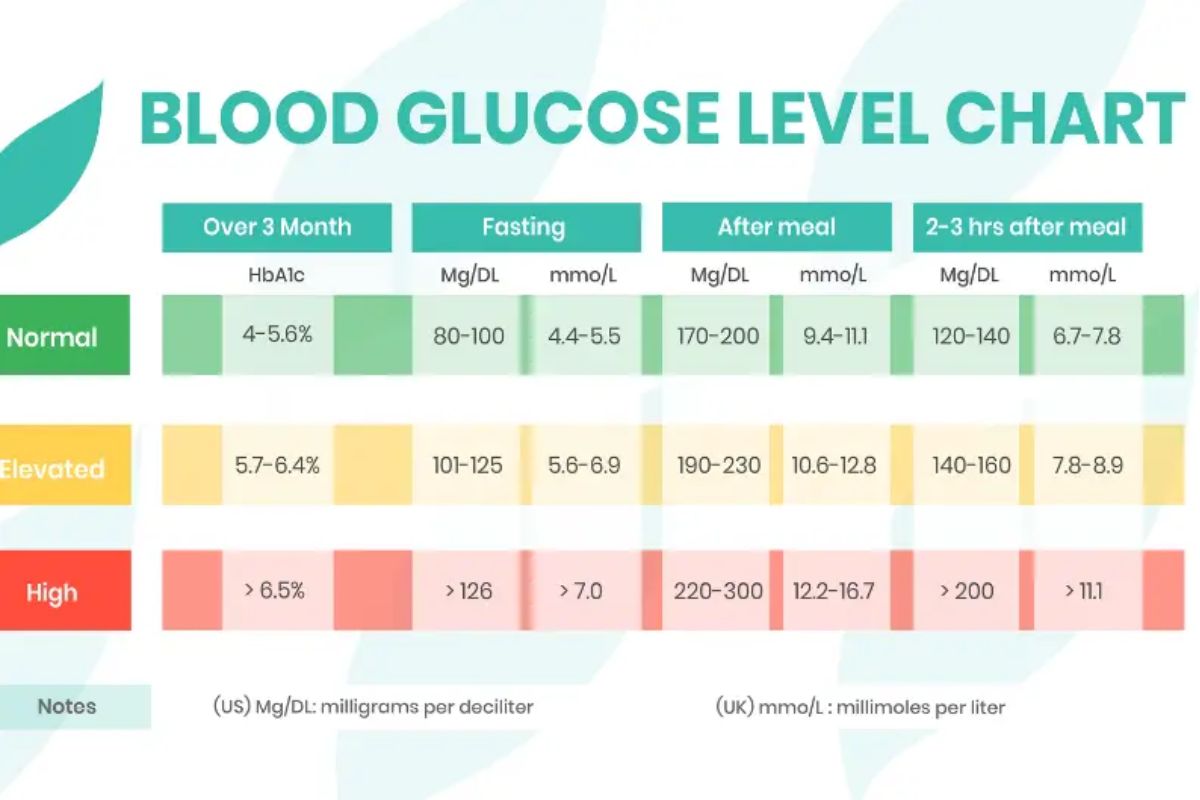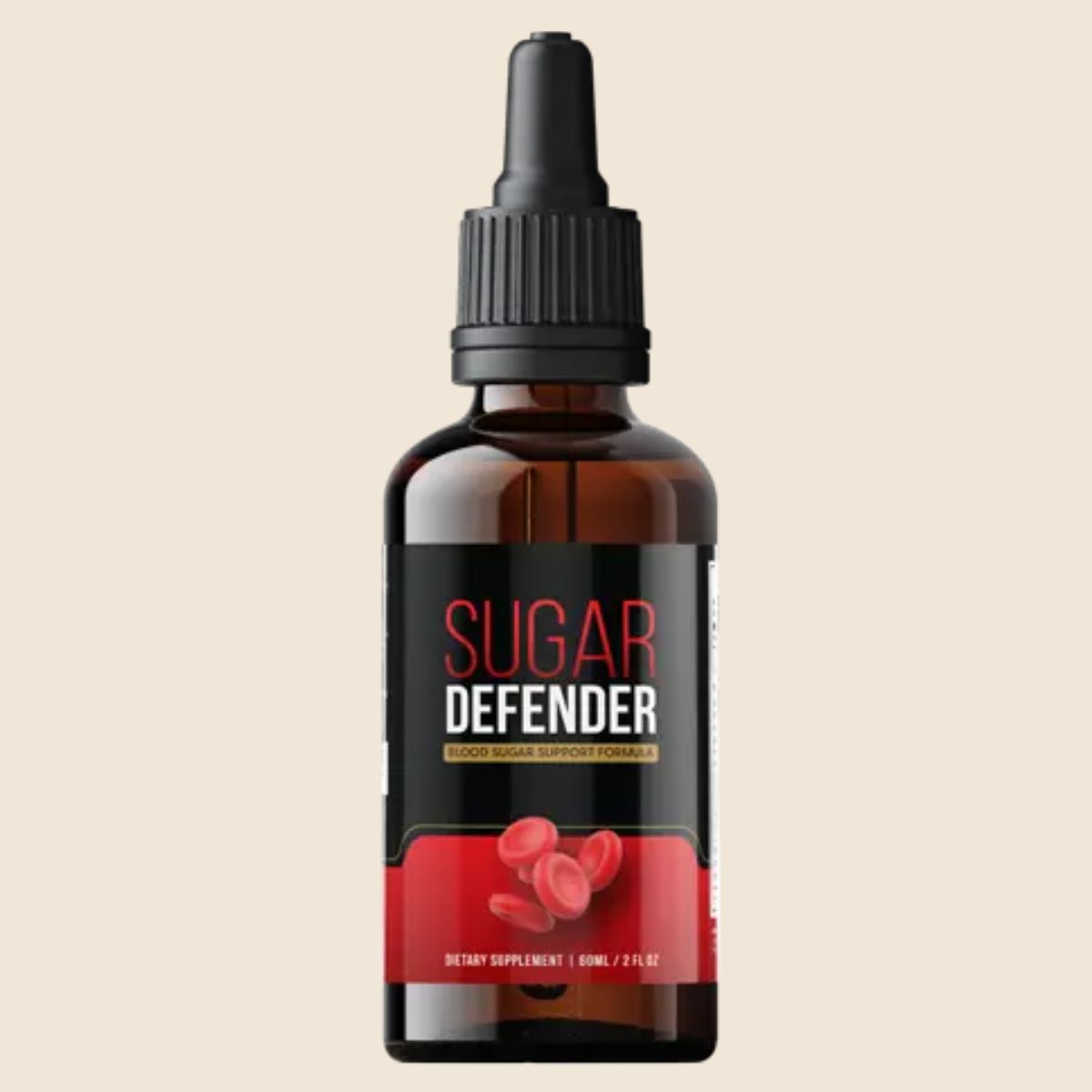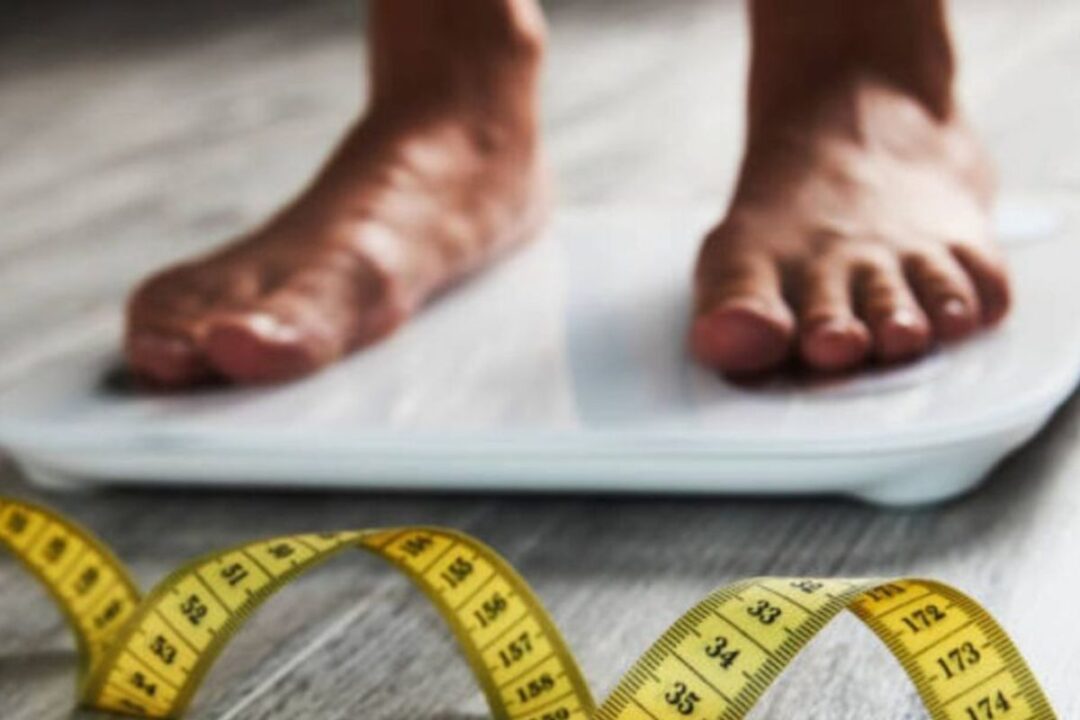
[Review] Sight Care – Is SightCare Scam ?

[Review] iGenics – Eye Health Supplement
You may be thinking about how to reduce blood sugar levels and how to regulate blood sugar.
Our bodies do the best to lower blood sugar levels and regulate blood sugar. Actions you take will either impede or assist your body in achieving this. The major factor is your actions regarding diet and lifestyle.
Eating healthy meals at regular and appropriate times will greatly assist in maintaining a correct blood sugar balance.
Some Blood Sugar Supplements are Science backed. The science backed supplements can reduce and control blood sugar levels and support healthy blood Sugar.
Moreover, Exercising regularly can help improve your body's ability to respond to insulin.
If you are proactive in maintaining healthy blood sugar levels, you have a good chance of achieving top healthy living.
If any medications you take affect your levels you should bring them to your doctor's attention.
If you have a combination of some of the symptoms, regular monitoring of your blood glucose levels can assist in managing your hyperglycemia or hypoglycemia without needing medications.
What is the meaning of hyperglycemia & hypoglycemia?
Some people do not understand the difference between hypoglycemia and hyperglycemia. Hyper means high and hypo means low. So therefore, hypoglycemia is too low a blood sugar level, and hyperglycemia is too high a blood sugar level
Our blood sugar levels can fluctuate depending on our state of health, actions, thoughts, or even our environment. A healthy body releases hormones in response to changing blood sugar levels to maintain a healthy blood glucose balance and to most effectively utilize the sugar.
For various reasons, some individuals cannot either produce and release the correct hormones or respond effectively to them. These inabilities result in either hypoglycemia or hyperglycemia
Hyperglycemia:
when you have high levels of blood glucose, it is an indication that your body is not producing enough insulin or is insulin-resistant.
There can be different causes of hyperglycemia. The most common cause of hyperglycemia is eating more carbohydrate-rich foods than your body can handle. when this situation becomes chronic or constant, pre-diabetes or type 2 diabetes can result. But also Hyperglycemia may occur due to stress and lack of exercise. moreover, it may occur when you have Type 1 diabetes and miss taking any of your diabetes medications.
The body will become increasingly less able to control blood sugar levels when, or as, this happens, This has huge adverse health implications for the individual.
There are also some cases when a person experiences hyperglycemia as one of the side effects of current medication. So it is very important to consult your doctor first before taking any other drugs that may exacerbate the condition.
If you notice yourself feeling abnormally thirsty and tired, urinating more often, having blurry vision, and feeling sick to your stomach then your blood glucose may have exceeded safe levels.
You must consult your healthcare provider and describe these symptoms. Necessary changes to your meal plans and Simple tests can be done, if necessary, diabetes medicines and exercise patterns can be made.
Hypoglycemia
You are considered hypoglycemic and your blood glucose levels are too low when your blood glucose falls below 70 mg/dl, In extreme cases hypoglycemia can pose very serious health consequences, immediately and in the longer term. when your blood sugar levels drop too quickly, immediate medical attention may be required as it can result in unconsciousness and convulsions.
Some causes of hypoglycemia can include delaying or skipping meals, not eating enough carbohydrate-rich foods, prolonged physical exertion, and excessive alcohol drinking. Moreover, Lowered levels of blood glucose may occur due to one of the side effects of current medications for other health problems.
But usually, a hypoglycemic episode is the result of a combination of circumstances rather than a single factor.
Type 1 diabetics are at risk of experiencing hypoglycemia when their insulin dosage exceeds their immediate requirements. This may happen when unplanned fasting and physical exertion follow medication, which results in a depletion of available blood glucose.
The Symptoms of low blood glucose levels are feeling tiredness, anxiousness, slurred speech, numbness around the mouth, and feeling weak, shaky, and hungry. You may also experience headaches and profuse sweating.
you take action to increase available blood sugar and have someone monitor your response If you experience any, or especially a combination of these symptoms, Seek immediate medical attention if your condition deteriorates. If episodes re-occur, you should have your health care professional do an assessment.

[ Review ] Best Magnesium Supplements For Sleep & Stress

[ Review ] 100% Natural Supplements Support Male Health








